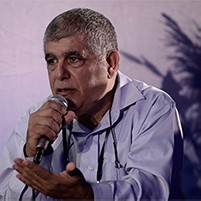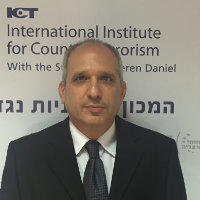In the hours following the surprise attack, Hamas leaders highlighted the defense of the al-Aqsa Mosque as a primary reason for launching the operation. Mr. Shalom Ben Hanan, an ICT fellow and former Shin Bet official, argues that the purpose of this message is to recruit as many groups and actors as possible, including those that will develop spontaneously.
“What can unite all Arab communities, from those in Israel to those in Jerusalem and any other potential arena, is the narrative of defending al-Aqsa. This common denominator can, as was the case during Operation “Guardian of the Walls,” motivate thousands to engage in popular terror. It’s the catalyst that can activate additional individuals, such as those in the West Bank, coupled with the realization that they caught us off guard, and they should seize the momentum.
The capabilities Hamas demonstrated on 7 October 2023 suggest an Iranian fingerprint. This has been a known fact for years. Hamas’s power in the Gaza Strip is based on Iranian funding and means, and in recent years, it has only expanded, starting from rocket capabilities and ending with cyber means and everything in between.
Israel must now see itself in a multi-front campaign. There’s a high chance it’s heading there, and even if not, early preparation might prevent such trends. Israel now needs to create deterrence, as strange as it may sound, against other arenas.”
– Mr. Shalom Ben Hanan, an ICT fellow and former Shin Bet official



























